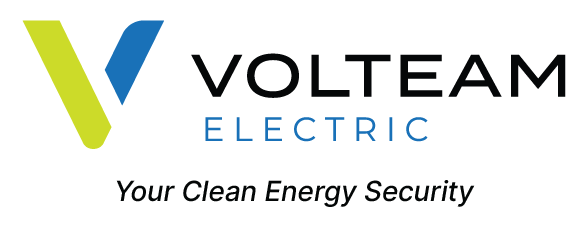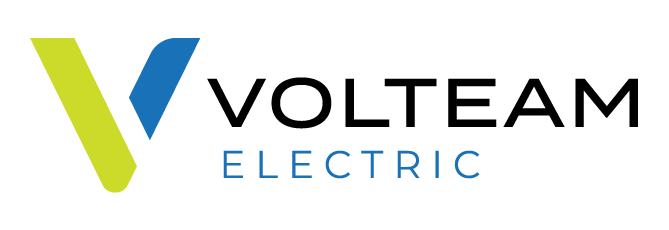Find out how much you could save by installing solar in Brisbane
SOLAR POWER CALCULATOR
Household details
Electricity usage
Tell us about your property


YOUR SOLAR CALCULATOR RESULTS
Your optimal system size
System cost & incentives
Cost to you
Fill out your details and we'll call you back
Solar Savings Calculator
"*" indicates required fields
Thanks!
Your submition was sent!
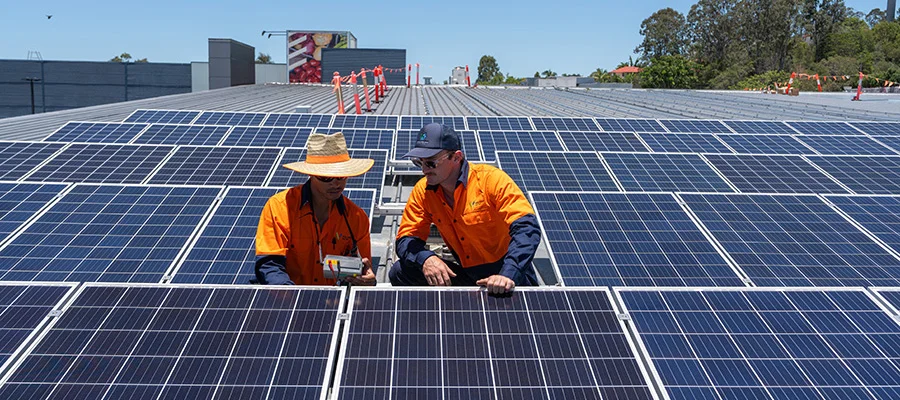
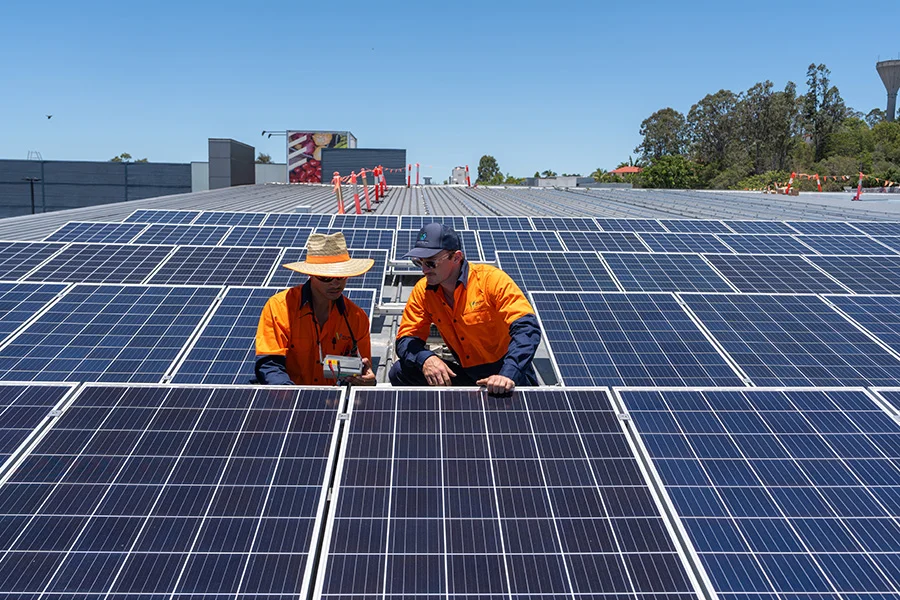
Frequently Asked Questions
What are the benefits of solar energy?
How long does it take to install solar panels?
Do I need to pay for solar panels upfront?
How do solar panels work?
Solar power at work is amazing. When sunlight hits a solar panel, energy from the sun (which is infinite!) is harnessed and converted to direct current (DC) electricity. The inverter in your solar system then converts DC to alternating current (AC), enabling us to power our appliances and devices. Wondering why we can't use direct current? DC requires conversion to AC since the latter can be transmitted across long distances without much energy loss, unlike the former.
Are solar panels worth it?
Yes! The cost of solar panels may be significant, but they can pay for themselves in the long run. Most homeowners will find that the money they save from solar panels can eventually outweigh the initial costs. Additional rebates or incentives also help mitigate the costs. More than financial savings, the transition to solar energy is an environmental decision that helps address climate change, air pollution, and health.
How much do solar panels cost?
This depends on the size of your solar system. The 6kW system, for instance, is the most typical system for residential applications, costing between $4,500 and $6,000 as of this writing.
